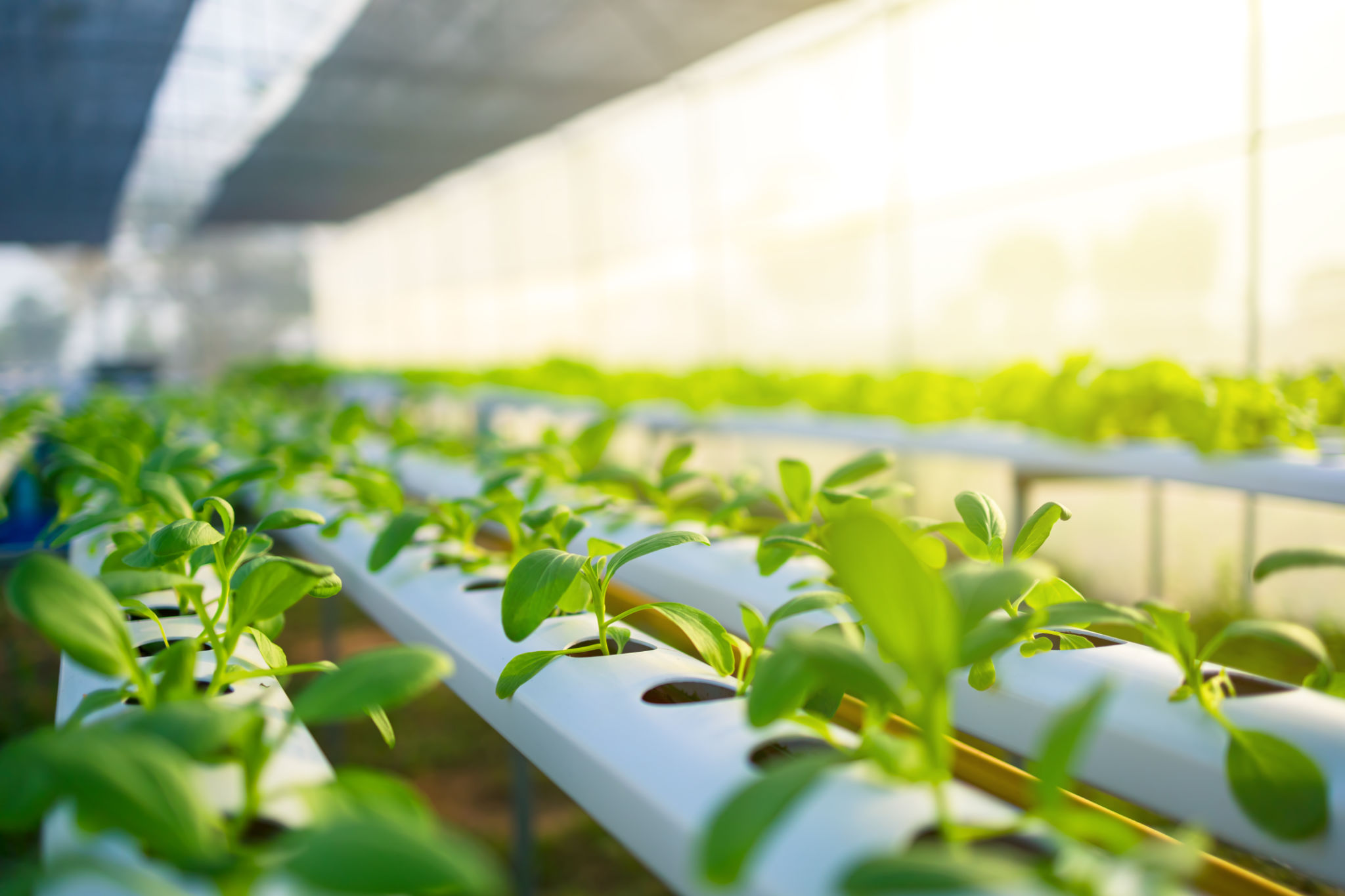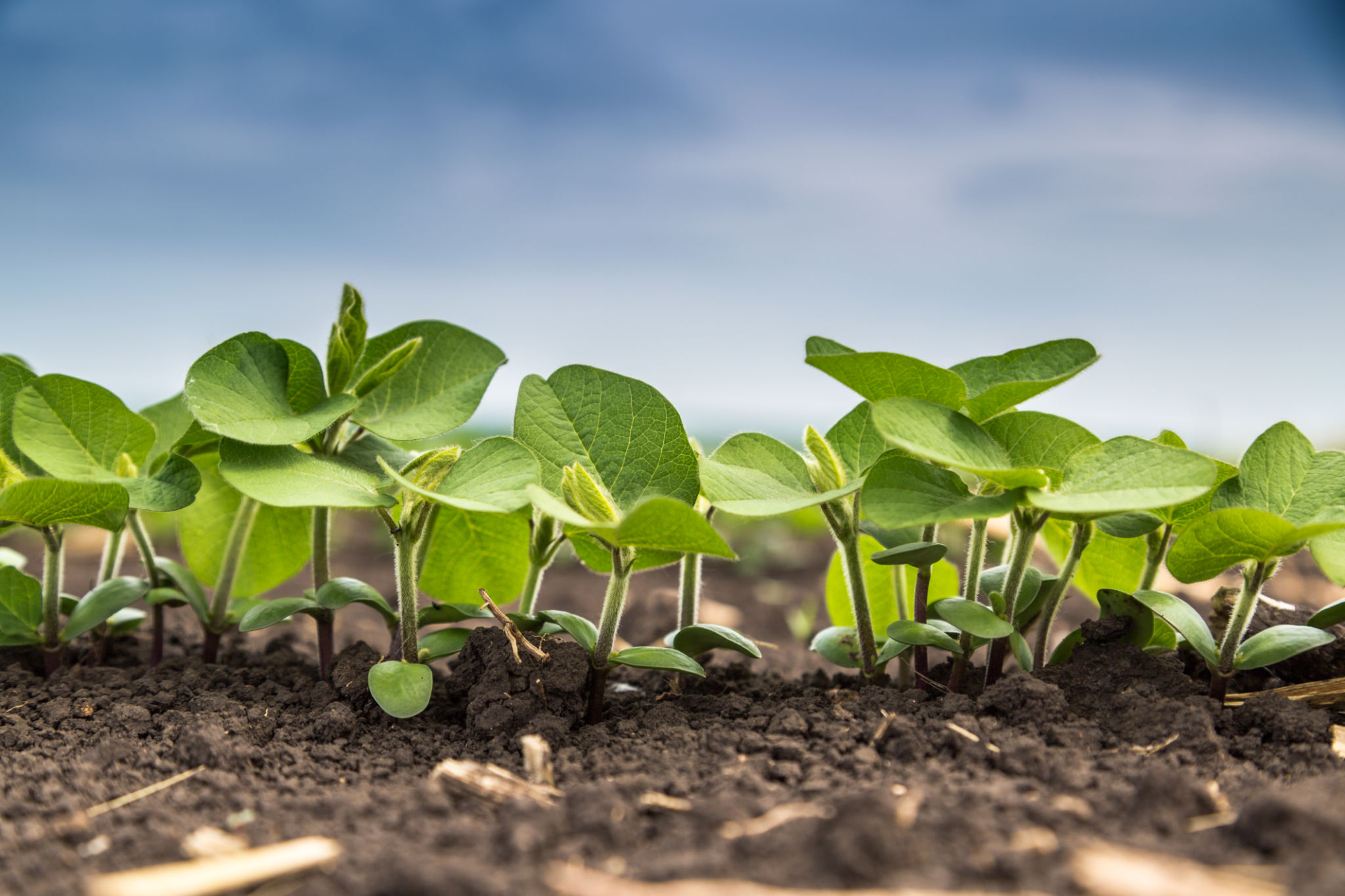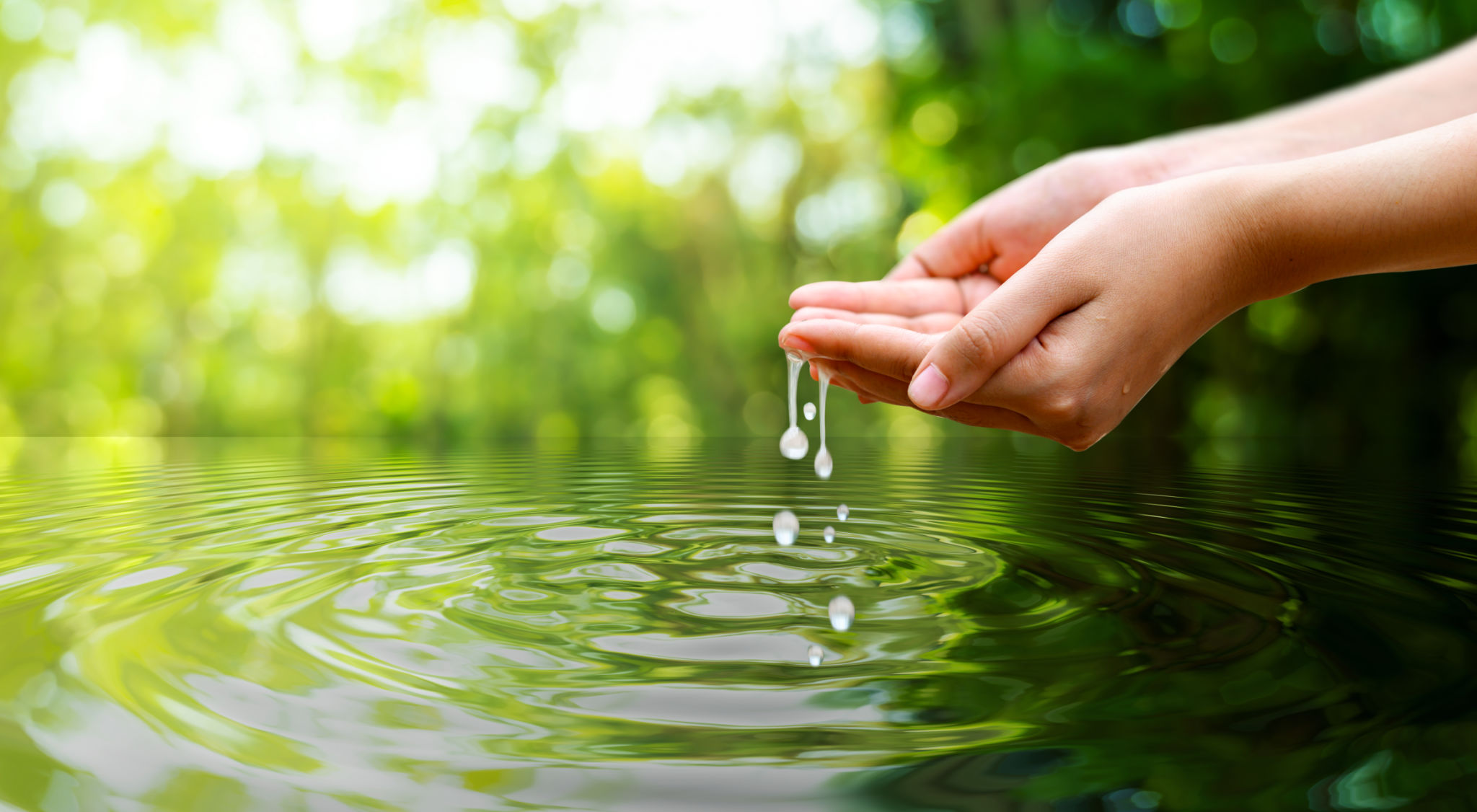Myth-Busting: Common Misconceptions About Hydroponics
LW
Debunking the Myths Surrounding Hydroponics
Hydroponics has become a buzzword in modern agriculture, promising efficient and sustainable farming. However, despite its growing popularity, there are numerous misconceptions about this innovative method. In this article, we aim to clear up some common myths and provide a clearer understanding of what hydroponics truly entails.

Myth 1: Hydroponics is Only for Large-Scale Operations
One of the most prevalent misconceptions is that hydroponics is solely for large-scale commercial operations. In reality, hydroponic systems are highly versatile and can be tailored to fit various scales, from small home setups to expansive industrial farms. Whether you’re a hobbyist with limited space or a commercial farmer, there’s a hydroponic system that can meet your needs.
These systems allow urban dwellers to grow fresh produce within their apartments, making it accessible for anyone who wants to cultivate plants without a traditional garden. This flexibility is one of the many reasons hydroponics is gaining traction among home gardeners.
Myth 2: Hydroponically Grown Plants are Less Nutritious
Another common misconception is that plants grown hydroponically lack the nutritional value of those grown in soil. This is simply not true. The nutrients provided in a hydroponic system can be precisely controlled and optimized for plant health. As a result, plants can often be more nutritious when grown hydroponically because they receive exactly what they need to thrive.

The key lies in the ability to tailor nutrient solutions to meet the specific needs of each type of plant, ensuring that they grow strong and healthy. This precision can lead to produce that is not only equal in nutritional value to traditionally grown plants but can sometimes even surpass it.
Myth 3: Hydroponics Uses More Water Than Soil-Based Agriculture
It might seem counterintuitive, but hydroponics actually uses significantly less water than traditional soil-based agriculture. Hydroponic systems are designed to recirculate water, which minimizes waste and maximizes efficiency. In traditional farming, water often evaporates or seeps into the ground; in hydroponics, nearly all water is reused within the system.

This efficient use of water makes hydroponics an attractive option in regions facing water scarcity. By reusing water, hydroponic systems offer a sustainable alternative that conserves this precious resource while still producing abundant crops.
Myth 4: Hydroponics is Too Complicated for Beginners
The final myth we’ll tackle is the belief that hydroponics is overly complex and difficult for novices to master. While there is a learning curve associated with any new technology, many beginner-friendly systems are available on the market today. These systems come with detailed instructions and support, making it easier than ever for newcomers to get started.
With a little research and patience, anyone can learn the basics of hydroponics and begin growing their own fresh produce. The key is to start small and gradually expand your system as your confidence and understanding grow.
Conclusion
Understanding hydroponics requires dispelling the myths that surround it. By recognizing that hydroponics is versatile, efficient, nutritious, and accessible, we can appreciate its potential as a sustainable agricultural method for the future. Whether you're growing in your living room or on an industrial scale, hydroponics offers solutions that are as varied as they are promising.
